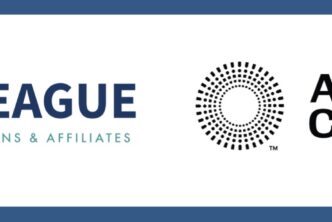Credit Union National Association (CUNA) partnered with the Georgia Credit Union Affiliates (GCUA) to continue its aggressive nationwide defense of credit unions facing frivolous lawsuits.
The organizations filed a brief Tuesday supporting Family First Credit Union of Hapeville, Ga., which has been sued by a plaintiff alleging website noncompliance with the Americans with Disabilities Act (ADA).
“We are proud to work with the Georgia Credit Union League to demonstrate there is no standing to bring this lawsuit,” said CUNA President/CEO Jim Nussle. “Meritless litigation comes at the direct expense of credit union members and does not advance the spirit of the ADA. CUNA and the leagues will continue to support credit unions affected by frivolous lawsuits and demand letters.”
Credit unions around the country are facing lawsuits due to confusion over how the ADA applies to websites, and CUNA has made finding a solution a top advocacy priority. CUNA and its League partners filed briefs in similar cases in Texas, Illinois, Ohio and Alabama. Several cases have since been dismissed claiming the plaintiff lacks standing to sue.
“The Georgia Credit Union League will do all it can to support and assist Georgia credit unions that have decided to push back against frivolous ADA demand letters,” said Mike Mercer, president/CEO of the Georgia Credit Union League. “By addressing these demand letters with litigation, we are seeking a favorable ruling to set precedent for credit unions and move toward a framework of clear guidelines that will put an end to threats by predatory litigators. Along with other state leagues and CUNA, we continue to explore opportunities to leverage all legal, legislative and regulatory means to prevent the exploitation of the Americans with Disabilities Act in this manner.”
The primary arguments found in the joint Amicus brief from CUNA and the Georgia Credit Union Affiliates are:
- The plaintiff lacks standing to file suit against the credit union;
- A website is not a place of public accommodation;
- Applying Title III of the ADA to websites renders the statute impermissibly vague in the absence of any implementing regulations by the Department of Justice
- The court should dismiss the complaint pursuant to the Primary Jurisdiction Doctrine.





